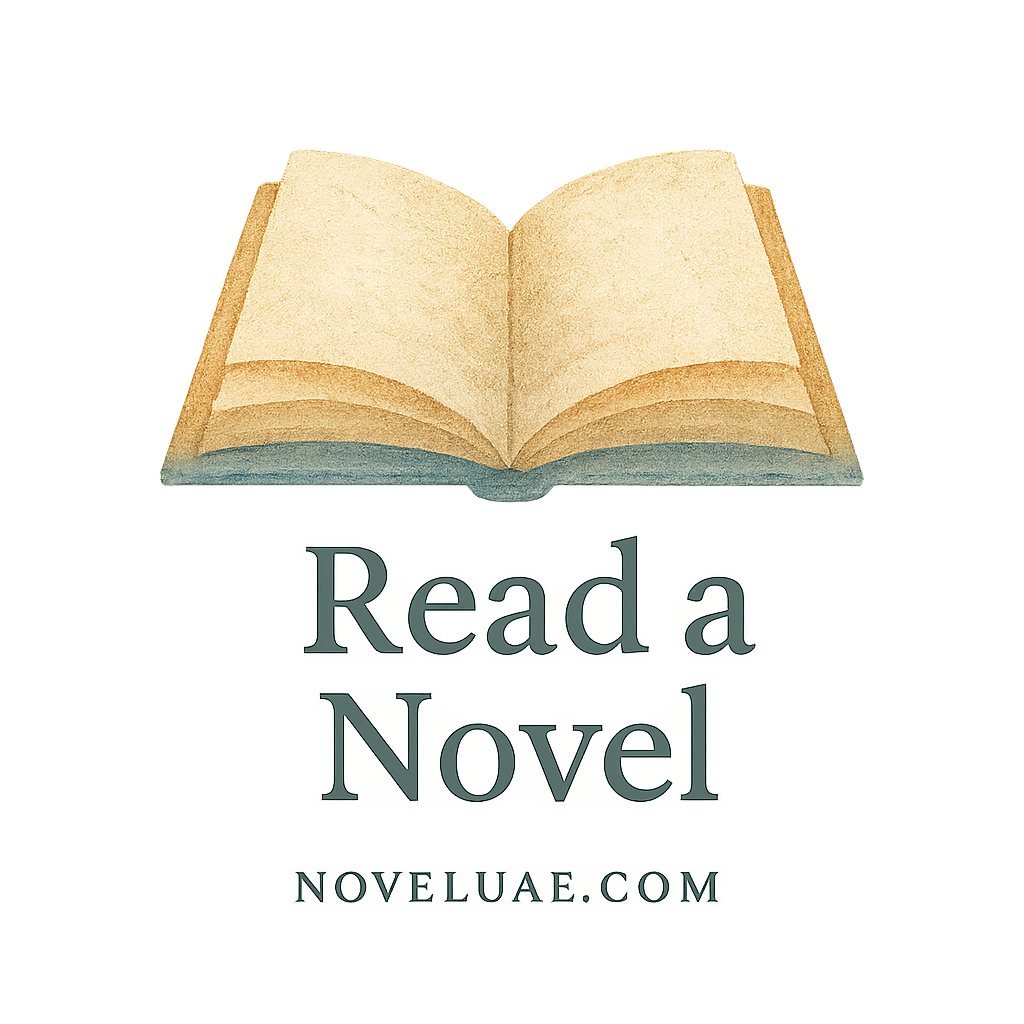Introduction: Why Themes Matter in Novels
Ever wonder why some books stay with you long after the last page? It’s not just about the plot or the characters — it’s about the deeper themes that touch something inside us. Themes are the soul of storytelling, weaving through dialogue, decisions, and drama to give stories their emotional punch.
Whether you’re just dipping your toes into the reading world or you’re crafting your own novel, understanding themes can seriously upgrade your literary game. Let’s walk through the 8 most common themes that pop up in novels — and why they matter so much.
💡 If you’re new to novels, start here: Beginner’s Guide to Novels
1. Love and Romance
Ah, love — that ever-complicated, heart-thumping theme. Whether it’s the center of the story or just a subplot, romance finds its way into most novels.
How Romance Shapes Characters
Romantic themes don’t just add butterflies and heartbreak. They push characters to evolve, make risky choices, and confront their deepest desires or fears.
Think of Elizabeth Bennet and Mr. Darcy in Pride and Prejudice. Their romance isn’t just cute — it’s transformative.
Subgenres that Explore Romance
Romantic themes often show up in:
- Historical romance
- Paranormal romance
- YA novels
- Fantasy with romantic subplots
And let’s be honest, most genres sneak in a love story somehow!
Related Reading Resources
💖 Check out more on romance in novels or get some great novel recommendations.
2. Conflict and Resolution
Conflict is the beating heart of any good novel. Without it? There’s no story. Conflict challenges characters and pushes plots forward.
Internal vs External Conflict
- Internal conflict: battles within the character (self-doubt, guilt, identity)
- External conflict: battles with outside forces (antagonists, society, nature)
A good book often weaves both.
Conflict as a Driver of Plot
Every time a character hits a wall — emotionally, physically, or morally — conflict is at play. This tension keeps us hooked.
🧠 Want to master this theme? Dive into story tension and conflict mechanics.
Resources to Understand Conflict
Start with this post: Understanding Novel Elements
3. Self-Discovery and Growth
We love watching characters grow. It mirrors our own journey. That’s why self-discovery is a timeless theme.
The Journey of the Protagonist
Often, characters don’t just battle monsters — they battle themselves. Through trials, they uncover their true identity, strengths, and purpose.
Bildungsroman: A Popular Narrative
This fancy word just means “coming-of-age story.” It’s all about personal growth, and it’s one of the most beloved narrative styles in fiction.
Explore Discovery-Based Novels
📘 Browse novels on self-discovery or start with this genre guide.

4. Good vs. Evil
From fairy tales to high fantasy, the battle between good and evil is classic — and endlessly flexible.
Moral Dilemmas and Dark Themes
Modern novels often blur the lines: What if the “good guy” isn’t so good? What if the villain has a point?
That gray area is rich ground for character development and plot twists.
Symbolism in Good vs Evil Stories
Authors often use colors, animals, or even weather to represent good and evil. Spotting these symbols can deepen your reading experience.
🎭 Explore story structure to see how this theme plays out over time.
5. Power and Corruption
Power can corrupt — but it also reveals. This theme often centers around ambition, leadership, and control.
When Power Changes the Game
Characters with power (or chasing it) face huge moral tests. Think Macbeth, or more recently, Game of Thrones.
Dystopian Narratives and Control
Many dystopian novels explore power through totalitarian governments or manipulative technologies. This theme reflects real-world fears and political unrest.
🔍 Want more? See genre-based novel insights or explore conflict-driven genres.
6. Identity and Belonging
Everyone wants to belong. Novels that tackle identity help us reflect on our place in the world.
Cultural and Personal Identity
From racial identity to gender expression, this theme digs deep into what makes us who we are.
Books like The Namesake or The House on Mango Street beautifully explore this.
Coming-of-Age and Acceptance
Characters often search for where they fit — in family, society, or the world at large. This theme is huge in YA and literary fiction.
📚 Check out novel elements or browse classic novels that explore this theme.
7. Fear, Anxiety, and Survival
This theme speaks to something primal. Whether it’s surviving a natural disaster or fighting inner demons, fear adds intensity.
The Role of Psychological Tension
Fear and anxiety don’t have to involve jump scares. They can be subtle — a slow dread, a mental spiral.
Books like The Bell Jar or Room tap into psychological tension in powerful ways.
How Fear Deepens the Plot
Fear often exposes what characters value most — life, loved ones, truth. It forces decisions that reveal character.
🧠 Explore anxiety in novels or try this: Reading Strategies for Novels
Find Anxiety-Themed Narratives
You’ll find more under reading struggles and tricks to cope with emotional-heavy plots.
8. Time and Memory
Time doesn’t just pass — it shapes stories. Some of the most moving novels explore memory, loss, and second chances.
Flashbacks, Regret, and Hindsight
Think of books like Atonement or The Time Traveler’s Wife — where time twists, and memory holds secrets.
Characters often reflect on the past to make sense of their present. That emotional layering adds depth.
Novels That Manipulate Time
Whether it’s nonlinear storytelling or timelines that bend, time adds complexity and nuance to a novel.
📘 Get into story structure or explore classic time-manipulating reads.
Conclusion: Why Themes Resonate with Readers
Themes aren’t just writing tools — they’re emotional bridges. They connect the writer’s world to ours. They make us think, feel, and sometimes even change.
By recognizing these common themes, you become a more engaged reader and a sharper writer. Whether you’re picking your next book or plotting your novel idea, knowing what drives stories at their core can take your literary journey to the next level.
🔗 Explore deeper reading with the full collection at NovoLUAe, including curated guides like:
- Beginner’s Guide to Novels
- Genre-Based Novel Insights
- Novel Selection Recommendations
- Reading Strategies for Novels
- Understanding Novel Elements
FAQs
1. What is a literary theme in a novel?
A theme is the central idea or message in a story — what the author wants you to think about long after you’ve finished reading.
2. Can one novel explore multiple themes?
Absolutely! Most good novels juggle multiple themes at once, like love, conflict, and identity, layered together.
3. Why is understanding themes important for readers?
It helps you connect more deeply with the story, spot symbolism, and appreciate the author’s craft.
4. Do all genres use the same themes?
Many themes are universal, but different genres emphasize some more than others. For example, horror often leans into fear, while romance, well… you know.
5. What are some tools to identify themes while reading?
Pay attention to recurring ideas, character arcs, and emotional beats. Also, try using resources like reading strategies.
6. Is theme the same as plot?
Nope. The plot is what happens; the theme is what it means.
7. How do themes help in writing novels?
Themes keep your story focused and meaningful. They guide character choices and help your narrative stay emotionally compelling.


